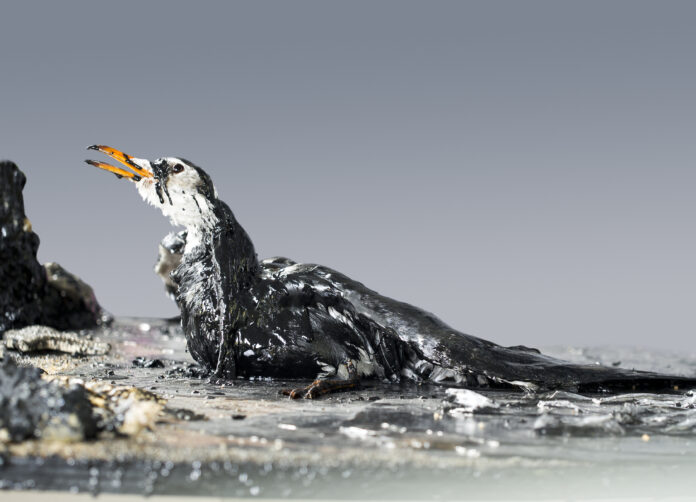The cargo ship Rubymar, carrying 21,000 metric tons of fertilizer, sank in the Red Sea after being hit by an anti-ballistic missile from the Iranian-backed Houthi militants on February 18. The incident, which led to the ship “slowly taking on water” until its eventual sinking early Saturday, has raised significant concerns about the potential for an environmental disaster in one of the world’s most crucial maritime routes and biodiverse ecosystems, including numerous coral reefs.
What happened to Rubymar
The sinking of the Rubymar in the Red Sea has escalated fears of an environmental catastrophe following a Houthi missile attack. This event underscores the volatile nature of geopolitical conflicts and their potential to precipitate ecological crises. The cargo, consisting of a substantial quantity of fertilizer, poses a direct threat to the marine life and coral reefs in the vicinity, marking a critical moment for environmental and maritime authorities to assess and mitigate the potential damage. The Red Sea, known for its busy waterways and ecological significance, now faces an imminent risk of pollution that could have long-lasting effects on its biodiversity and the livelihoods dependent on it.
The attack and subsequent sinking of the Rubymar not only highlight the ongoing conflicts in the region but also draw attention to the broader implications of warfare on environmental safety and sustainability. As efforts to address the situation unfold, the international community watches closely, hoping for swift action to prevent further damage to the already vulnerable marine ecosystem. This incident serves as a stark reminder of the interconnectedness of environmental health and security, urging a reevaluation of strategies to protect critical waterways from the repercussions of conflict.
Why It Matters
The sinking of the Rubymar raises critical concerns about the environmental health of the Red Sea, a vital corridor for maritime traffic and a biodiversity hotspot. The potential release of 21,000 metric tons of fertilizer into the sea could have devastating effects on marine life and coral reefs, endangering the ecological balance and the economies that rely on it. This incident underscores the urgent need for concerted efforts to safeguard sensitive maritime environments from the fallout of geopolitical conflicts.
Potential Implications
- Environmental Impact: The immediate threat to marine biodiversity, particularly coral reefs, which could suffer from nutrient overload and subsequent algal blooms, potentially leading to widespread ecological damage.
- Economic Consequences: Potential disruption to fishing and tourism industries, critical to the economies of Red Sea coastal countries, due to environmental degradation.
- Security and Safety: Highlighting the need for enhanced security measures in geopolitical hotspots to prevent similar incidents that pose risks to both human safety and environmental health.
Source: The Washington Post


